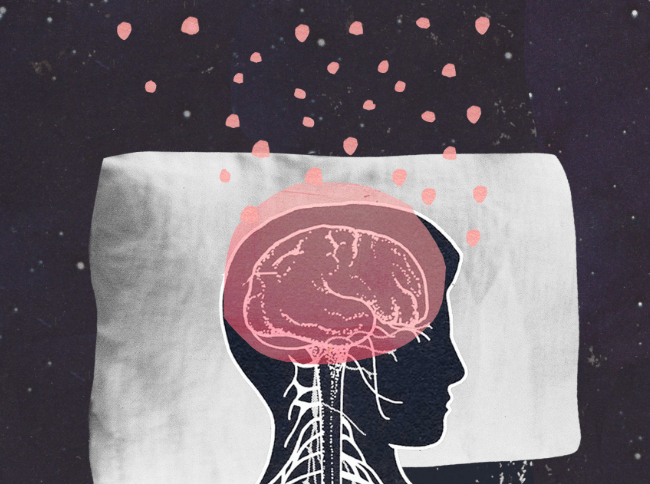🗣️
Habla, Habla, Habla
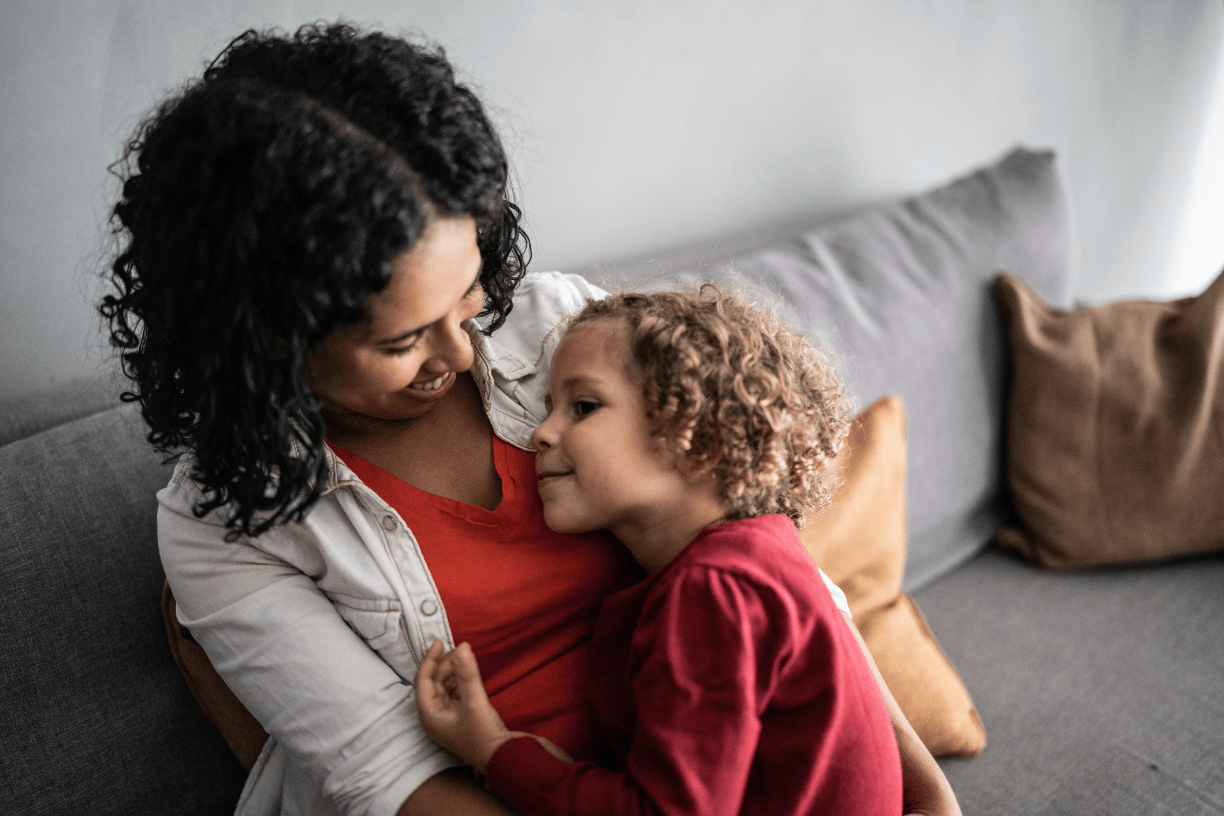
Which question encourages your child to talk more?
A) Asking “How was school?”
B) Asking “What did you do during recess today?”
¿Qué pregunta anima más a tu hijo/a a hablar?
A) Preguntar “¿Cómo te fue en la escuela?”
B) Asking “What did you do during recess today?”
👉 Answer: B (when we ask how school was, we all get “fine”... ask a more specific question!)
👉 Respuesta: B (cuando preguntamos “¿cómo te fue?”, siempre responden “bien”... ¡haz una pregunta más específica!)
If you don’t know the words in a book, what can you do?
A) Skip it and put the book away
B) Look at the pictures together and make up the story
Si no conoces las palabras en un libro, ¿qué puedes hacer?
A) Saltártelo y guardar el libro
B) Mirar las imágenes juntos e inventar la historia
👉 Answer: B — looking at pictures builds imagination AND language!
👉 Respuesta: B — mirar las imágenes desarrolla la imaginación Y el lenguaje.
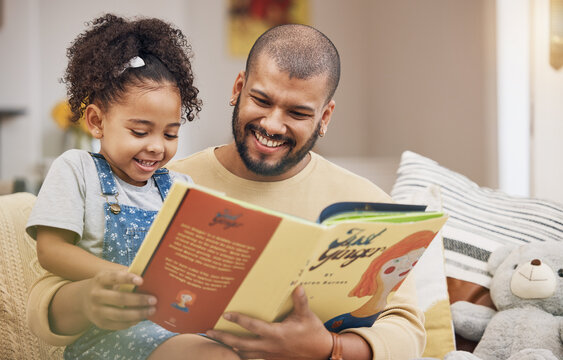

What’s better for language development?
A) Talking face-to-face for 20 minutes to a grown-up in your home language
B) Watching a TV show in English in a quiet space
¿Qué es mejor para el desarrollo del lenguaje?
A) Hablar cara a cara durante 20 minutos con un adulto en tu idioma de casa
B) Ver un programa de televisión en inglés en un lugar tranquilo
👉 Answer: A
👉 Respuesta: A
Which type of play is better for brain development?
A) Playing “I Spy” or “20 questions” on a walk or car ride
B) Watching your child play video games and cheering him/her on
¿Qué tipo de juego es mejor para el desarrollo del cerebro?
A) Jugar “Veo, veo” o “20 preguntas” durante un paseo o en el carro
B) Ver a tu hijo/a jugar videojuegos y animarlo/a
👉 Answer: A – games like “I Spy” and “20 Questions” are great for building language!
👉 Respuesta: A — juegos como “Veo, veo” y “20 preguntas” son excelentes para desarrollar el lenguaje.
True or False: Skipping breakfast can be good for a child’s health.
Verdadero o Falso: Saltarse el desayuno puede ser bueno para la salud de un niño.
👉 False – eating a healthy breakfast, like eggs and fruit, helps a child stay focused and ready to learn.
👉Falso — desayunar alimentos saludables como huevos y fruta ayuda a que los niños se concentren y estén listos para aprender.

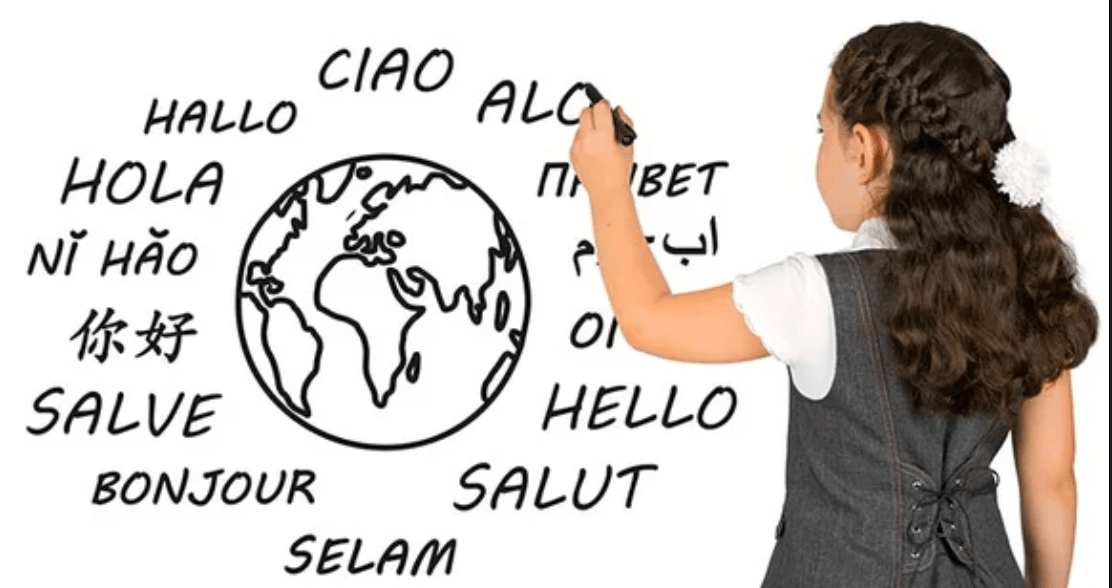
True or False: Speaking two languages at home confuses kids.
Verdadero o Falso: Hablar dos idiomas en casa confunde a los niños.
👉False — it makes them smarter
👉Falso — los hace más inteligentes
True or False: If you read to your child in Spanish, it will hurt their English learning.
Verdadero o Falso: Leerle a tu hijo/a en español perjudica su aprendizaje del inglés.
False — reading in ANY language helps the brain grow.
Falso — leer en CUALQUIER idioma ayuda al desarrollo del cerebro.
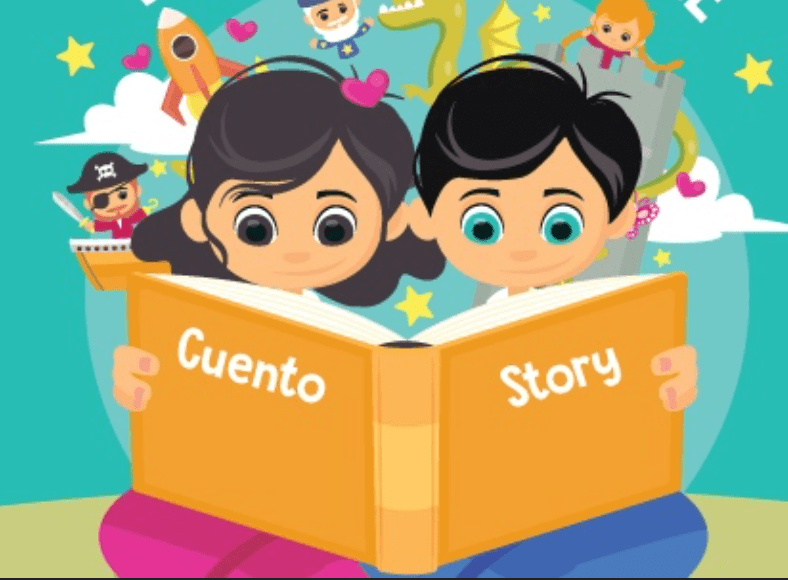
True or False: Watching a movie or show together is more educational than watching alone.
Verdadero o Falso: Ver una película o un programa juntos es más educativo que verla solo.
👉 True – watching a movie or show with others and talking about it can build connection and language
👉 Verdadero — ver una película o un programa con otras personas y hablar sobre ello fortalece la conexión y el lenguaje.

True or False: Pretend play (like “restaurant” or “superhero”) helps children practice language.
Verdadero o Falso: El juego de fantasía (como “restaurante” o “superhéroes”) ayuda a los niños a practicar el lenguaje.
👉 True – these games are great for building vocabulary.
👉Verdadero — estos juegos son excelentes para desarrollar vocabulario.
The healthiest way for a child to wake up in the morning is:
A) alarm clock
B) all by themselves
C) a loving grown-up
La forma más saludable para que un niño se despierte por la mañana es:
A) con despertador
B) por sí mismos
C) con un adulto cariñoso
👉 Answer: B (this means they got enough sleep!)
👉 Respuesta: B (¡esto significa que durmieron lo suficiente!)

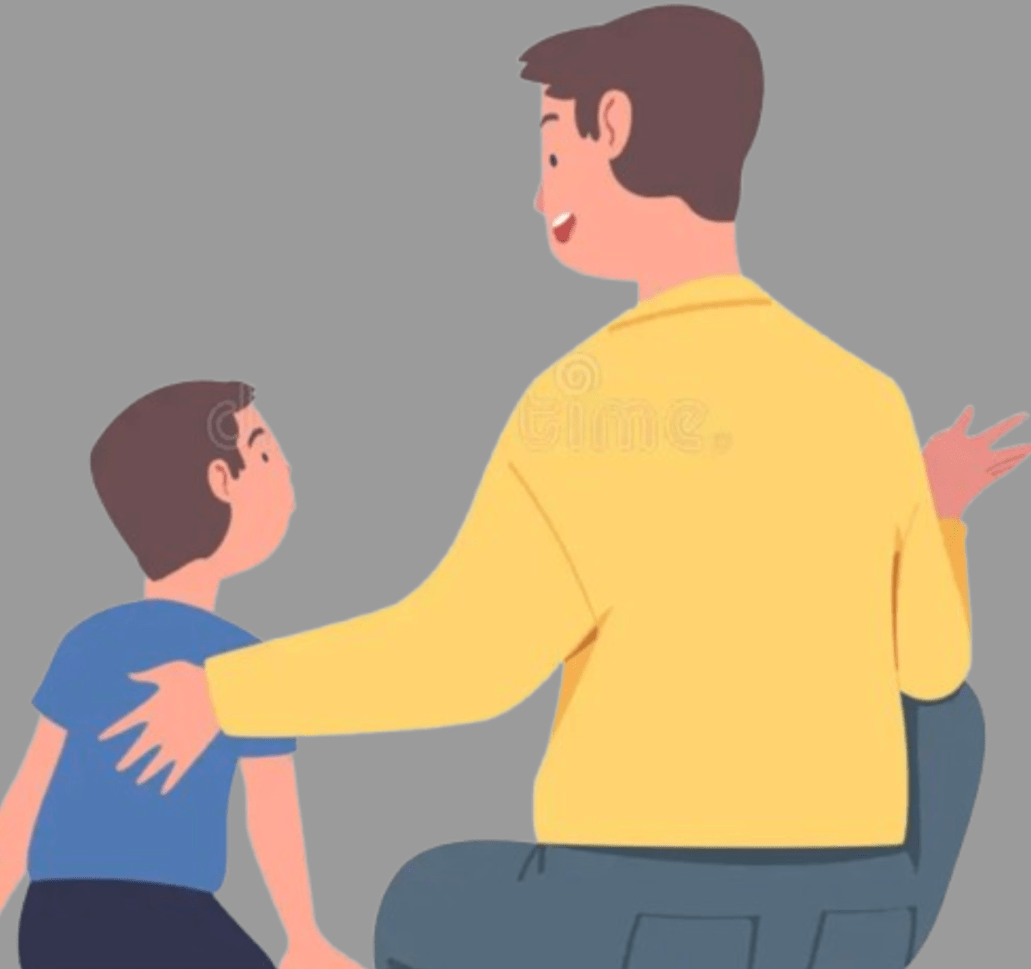
Which is better bedtime talk?
A) “Go to sleep, tomorrow is school.”
B) “Telling your child a story (real or make-believe)”
¿Cuál es la mejor forma de hablar a la hora de dormir?
A) “Duérmete, mañana hay escuela.”
B) “Contarle a tu hijo/a una historia (real o inventada)”
👉 Answer: B — storytelling builds imagination & language!
👉 Respuesta: B — contar historias desarrolla la imaginación y el lenguaje.
Which helps encourage children to read more?
A) Watching adults read and talk about books they like
B) Adults saying, “Reading is important!” but never picking up a book
¿Qué ayuda más a motivar a los niños a leer?
A) Ver a los adultos leer y hablar sobre libros que les gustan
B) Adultos diciendo “¡Leer es importante!” pero nunca agarran un libro
👉 Answer: A — modeling joy for reading is powerful.
👉 Respuesta: A — modelar la alegría por la lectura es muy poderoso.
What’s the best way for parents to end screen time?
A) Hide the remote and pretend you don’t know where it is 🕵️
B) Let your child choose an activity to do with you 💃
¿Cuál es la mejor manera de que los padres terminen el tiempo de pantalla?
A) Esconder el control remoto y fingir que no sabes dónde está 🕵️
B) Dejar que tu hijo/a elija una actividad para hacer contigo 💃
👉 Answer: B — giving your child the power to choose an activity to do with you also builds connection and language
👉 Respuesta: B — darle a tu hijo/a la oportunidad de elegir una actividad contigo fortalece la conexión y el lenguaje.

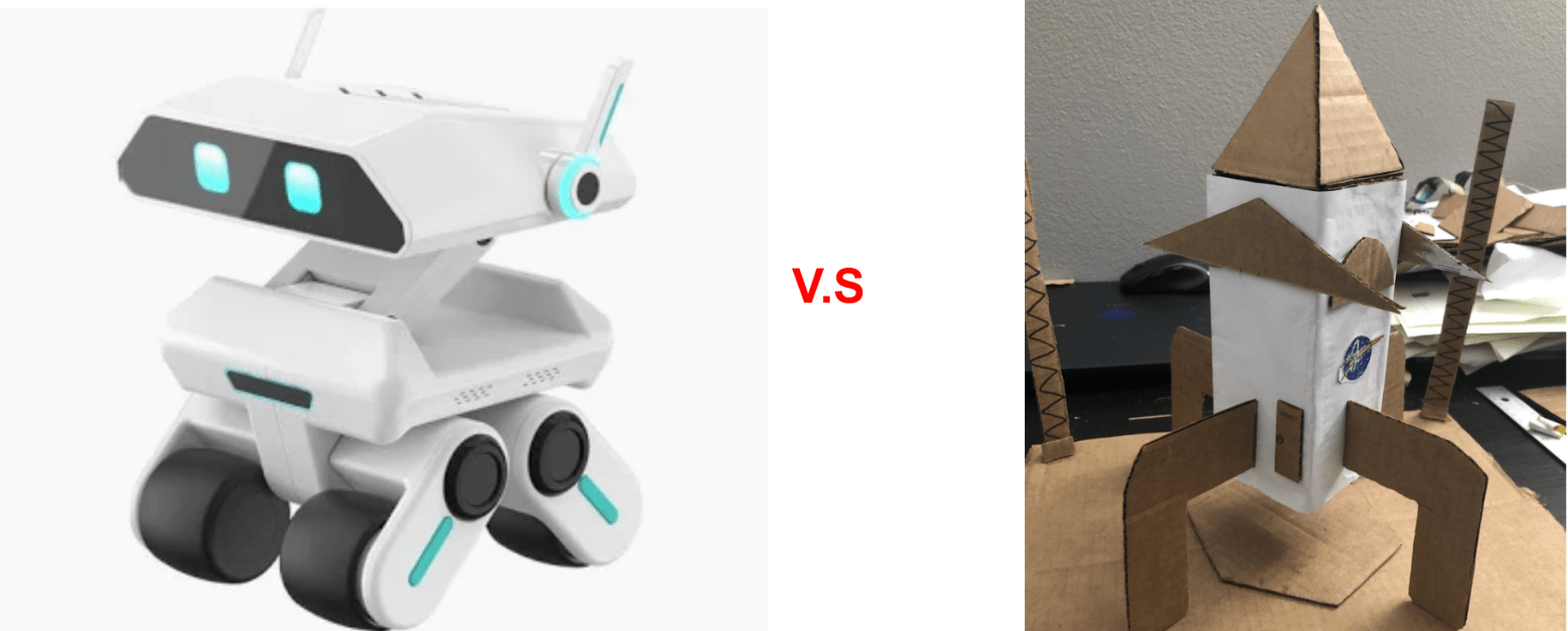
Which toy is the best brain builder?
A) The latest $100 gadget
B) A cardboard box that becomes a spaceship
¿Qué juguete es el mejor para desarrollar el cerebro?
A) El aparato más nuevo de $100
B) Una caja de cartón que se convierte en una nave espacial
👉 Answer: B — imagination is priceless! Especially when adults show interest or join in the play!
👉 Respuesta: B — ¡la imaginación no tiene precio! Especialmente cuando los adultos muestran interés o se unen al juego.
True or False: A great nighttime routine is eating a healthy dinner, reading a book, and watching a family-friendly TV show before bed.
Verdadero o Falso: Una buena rutina nocturna es cenar saludable, leer un libro y ver un programa familiar antes de dormir.
👉 False (the healthy dinner and book are great, but screen time before bed can disrupt sleep).
👉 Falso (la cena saludable y el libro son excelentes, pero el tiempo de pantalla antes de dormir puede afectar el sueño).
Name 2 great opportunities to talk to your kid.
Menciona 2 buenos momentos para hablar con tu hijo/a.
👉Everyday routines: car rides, cooking, cleanup, bedtime
👉Rutinas diarias: paseos en carro, cocinar juntos, limpiar, hora de dormir
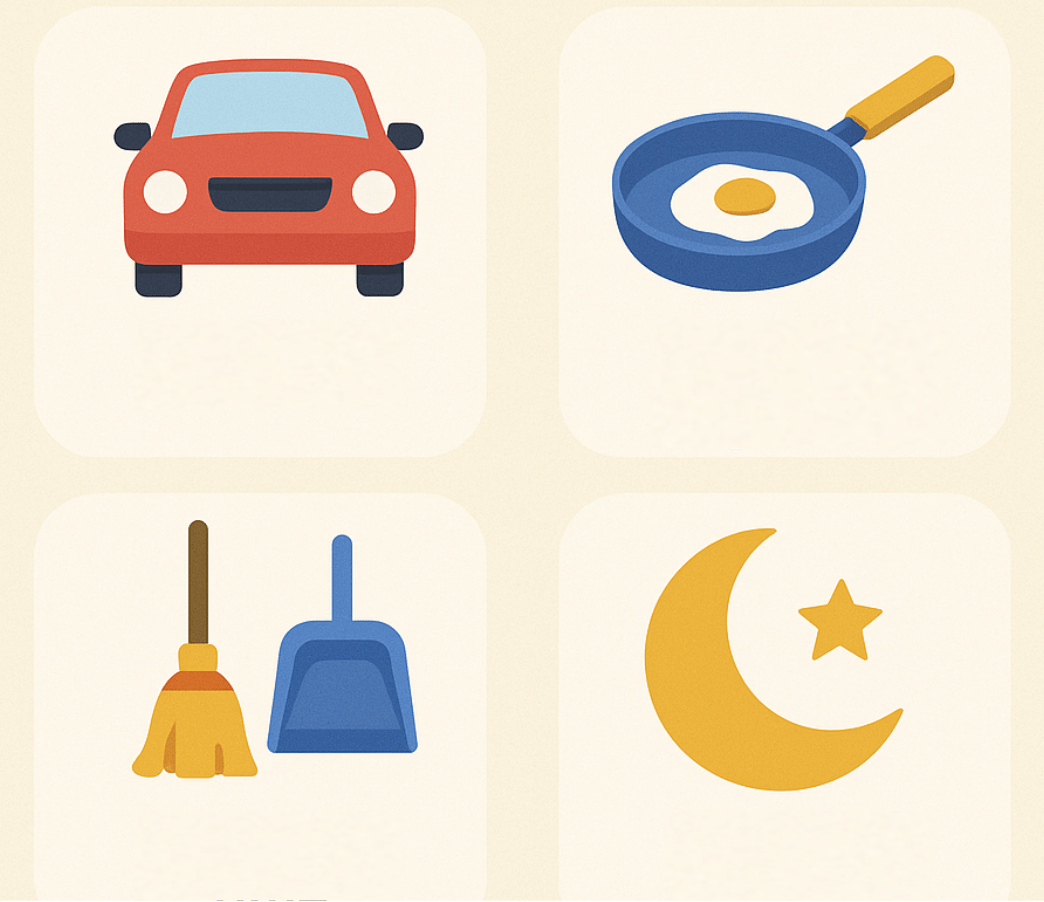
How can you support your child’s reading if you do not speak English?
¿Cómo puedes apoyar la lectura de tu hijo/a si no hablas inglés?
👉 You can read in your language, look at pictures together, talk about the book, visit the library, and listen to audiobooks.
👉 Leer en tu idioma, mirar imágenes juntos, hablar sobre el libro, visitar la biblioteca, escuchar audiolibros...
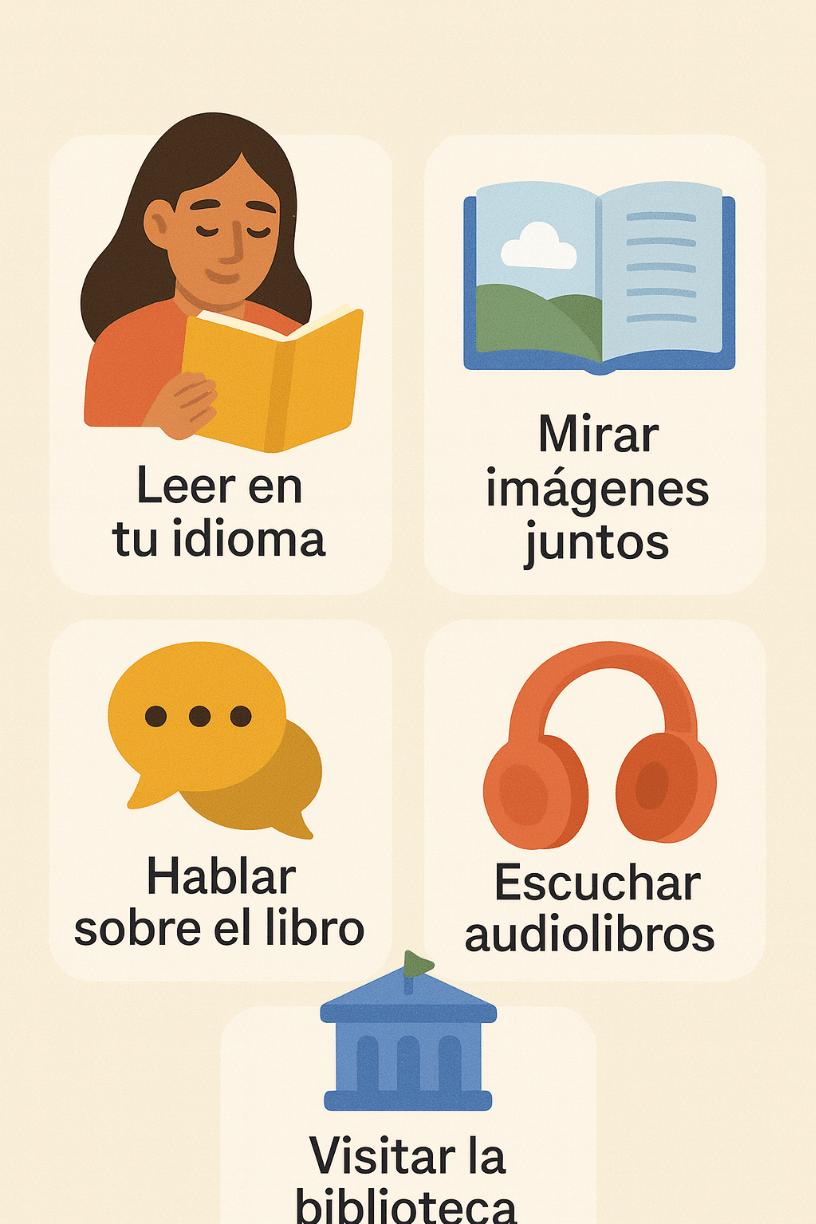
True or False: Kids learn new words just by watching shows.
Verdadero o Falso: Los niños aprenden nuevas palabras solo por ver programas.
👉 False (kids need interaction to build language)
👉 Falso (los niños necesitan interacción para desarrollar el lenguaje).
What’s one powerful way to grow language during playtime?
A) Join in, talk, and expand on what your child says 🗣
B) Sit nearby quietly and observe
¿Cuál es una forma poderosa de desarrollar el lenguaje durante el tiempo de juego?
A) Participar, hablar y ampliar lo que tu hijo/a dice 🗣
B) Sentarse cerca en silencio y observar
👉 Answer: A
👉 Respuesta: A
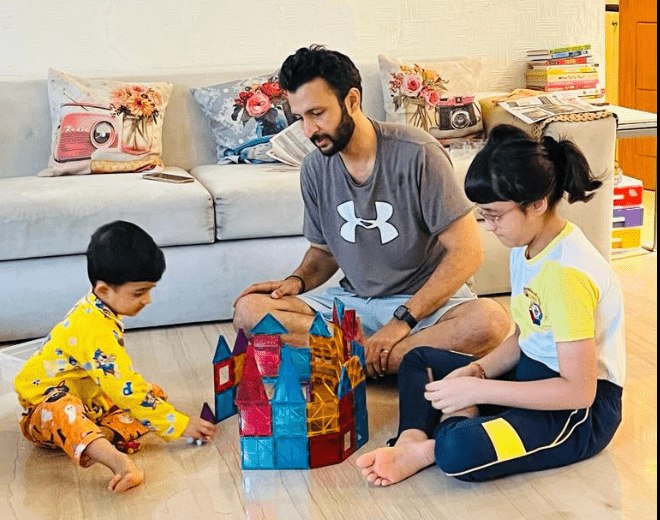
Why does exercise help kids learn language?
A) It boosts attention and brain activity 🧠
B) It teaches new words directly
C) It gives teachers a break
¿Por qué el ejercicio ayuda a los niños a aprender lenguaje?
A) Aumenta la atención y la actividad cerebral 🧠
B) Enseña nuevas palabras directamente
C) Les da un descanso a los maestros
👉 Answer: A — It boosts attention and brain activity 🧠
👉 Respuesta: A — Aumenta la atención y la actividad cerebral 🧠
Fill in the blank: The best language teacher is ______.
Completa la frase: El/la mejor maestro/a de lenguaje es ________.
You — a caring adult who talks & listens 🫵
Tú — un adulto que habla y escucha con cariño 🫵
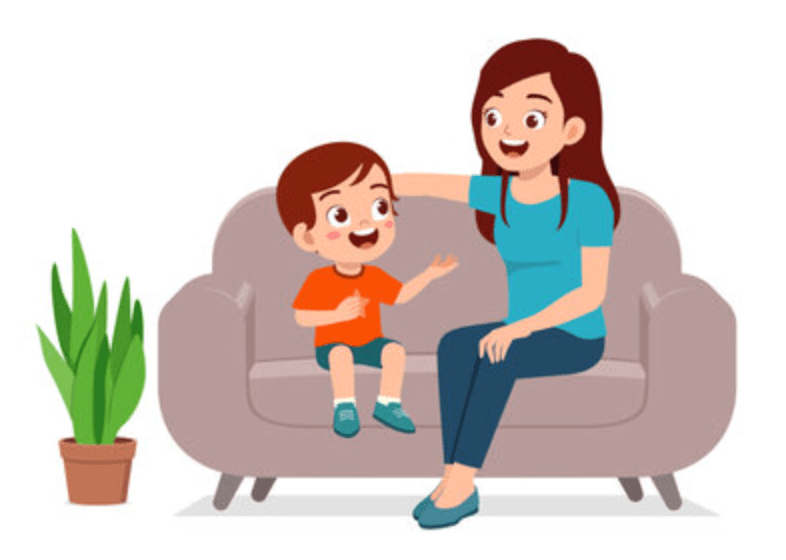

Which reading habit is best for kids?
A) Read a new book every day
B) Reread the same book many times
¿Cuál hábito de lectura es mejor para los niños?
A) Leer un libro nuevo cada día
B) Leer el mismo libro muchas veces
👉 Answer: B — rereading builds vocabulary, fluency, and comprehension skills
👉 Respuesta: B — releer desarrolla vocabulario, fluidez y comprensión lectora.
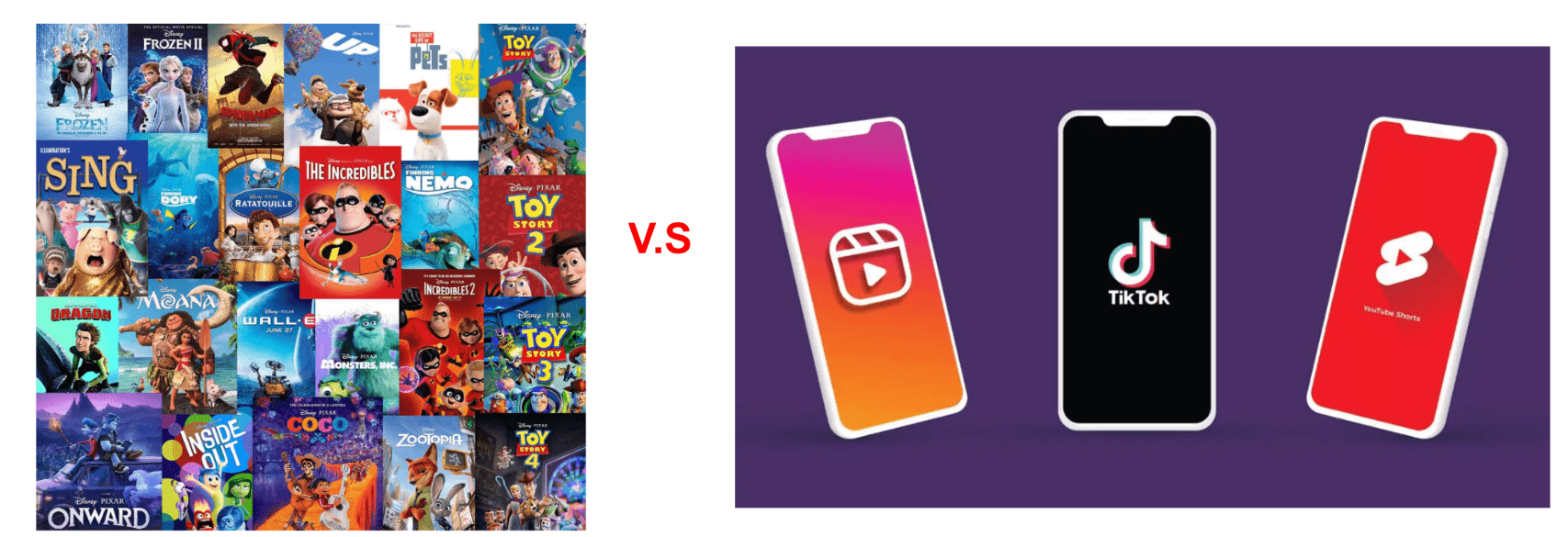
Which screen time is more harmful for kids?
Watching a movie
Watching short videos
¿Qué tipo de tiempo de pantalla es más dañino para los niños?
Ver una película
Ver videos cortos
👉 Answer: B — Watching short videos
Watching a movie with family builds focus, deep thinking, and language through discussion. Short videos give quick thrills, reduce attention spans, and don’t support healthy brain development.
👉 Respuesta: B — Ver videos cortos
Ver una película en familia fortalece la atención, el pensamiento profundo y el lenguaje al hablar sobre ella. Los videos cortos dan gratificación rápida, reducen la atención y no favorecen un desarrollo cerebral saludable.
Name one play activity you can do at home with your child that helps language grow.
Menciona una actividad de juego que puedas hacer en casa con tu hijo/a para ayudar a desarrollar el lenguaje.
👉 Example answers: pretend kitchen, playing school, building with blocks or Legos, and describing, scavenger hunts, board games, storytelling, etc.
👉 Ejemplos de respuestas: jugar a la cocinita, jugar a la escuela, construir con bloques o Legos y describir, hacer búsquedas del tesoro, jugar juegos de mesa, contar historias, etc.
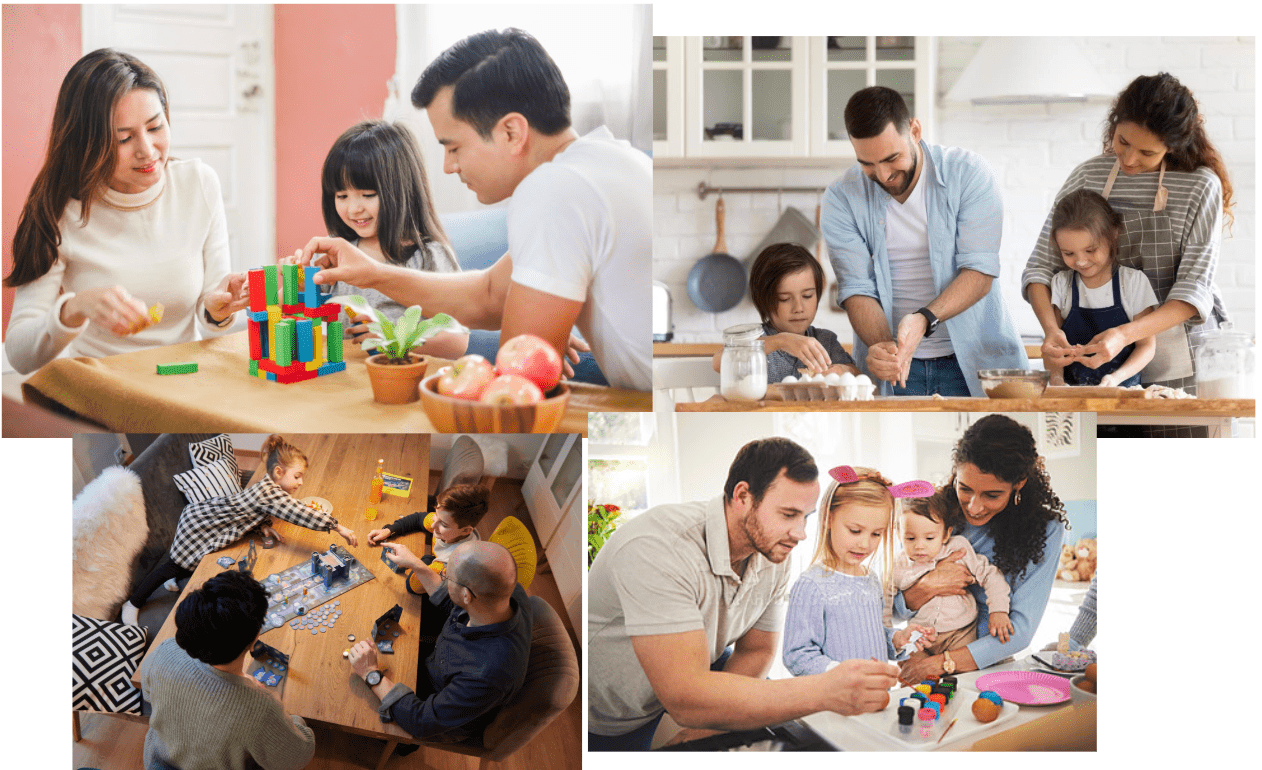
Why does sleep help language development?
¿Por qué el sueño ayuda al desarrollo del lenguaje?
👉 Because the brain stores new information, including words, while you sleep.
👉 Porque el cerebro guarda nueva información, incluyendo palabras, mientras duermes.
